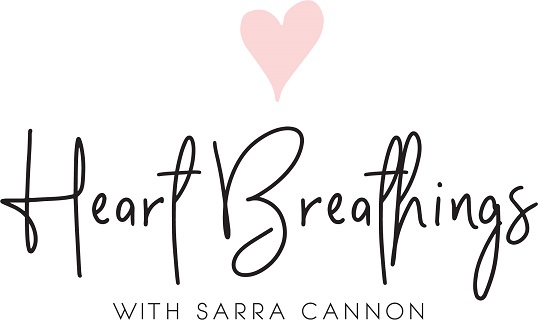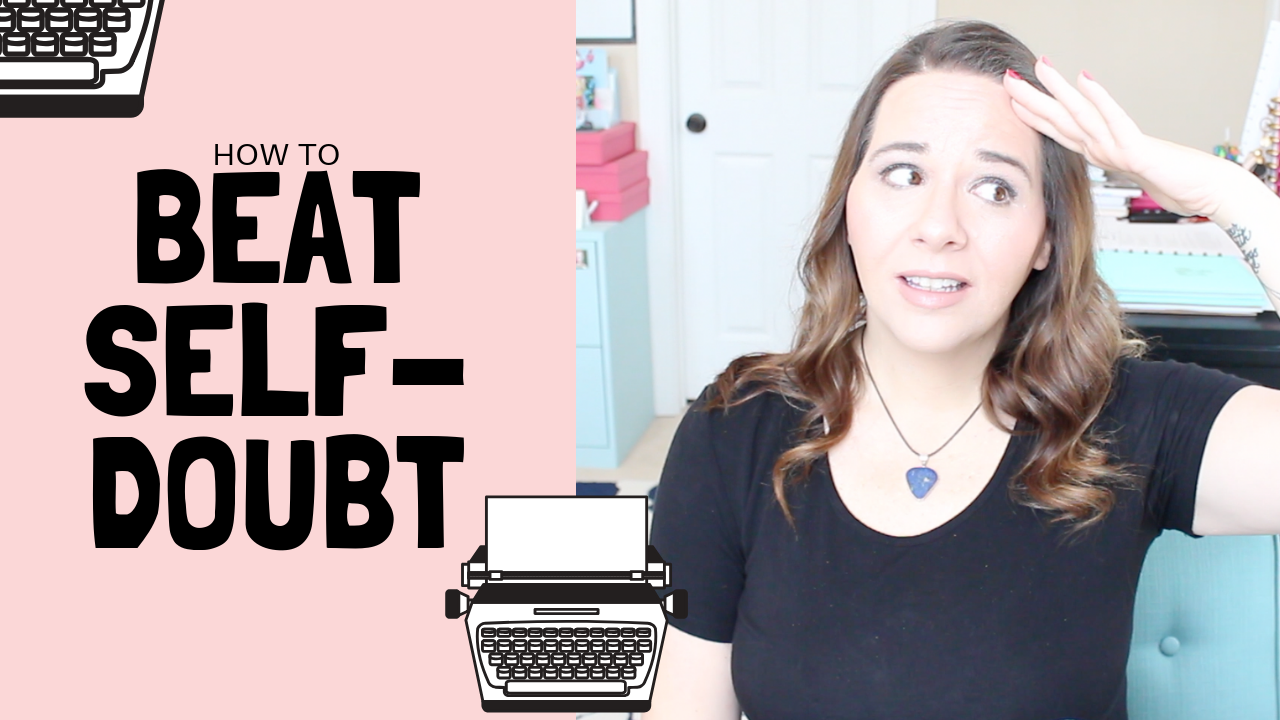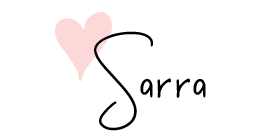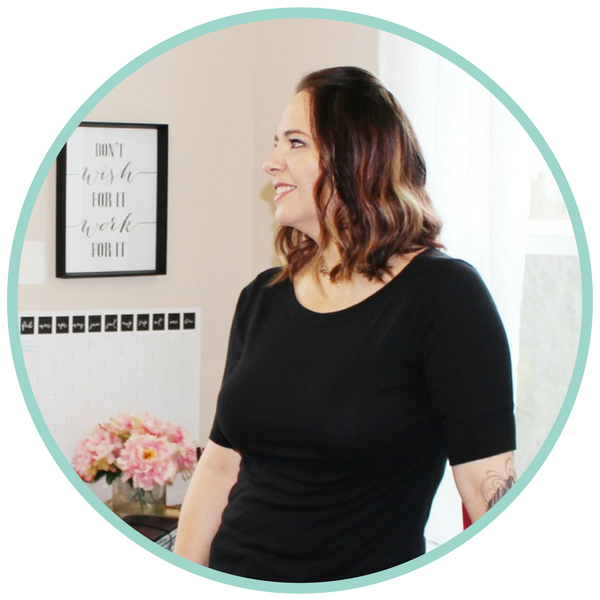

April 25, 2019 by Sarra Cannon
Self-doubt is something we all face as writers, but there are ways to help overcome these feelings. Trust me, I know self-doubt on a highly personal level, and I understand how difficult it can be to deal with when you’re right in the middle of it, but I assure you that most of what self-doubt tells you is a lie.
We feel self-doubt often because we are scared. We’re scared of what other people will think of our writing. We’re scared we won’t be able to live up to the idea we had in our heads of how the story would be or what we would achieve as authors.
Today, in the video below and in this post, I’m going to give you some of my top tips for overcoming self-doubt as a writer. Watch the video now or continue on to the rest of the written post.
Over the course of writing more than twenty-five novels, I have noticed certain patterns for when self-doubt is at its worst. See if these seem familiar to you:
For me, these are the times when I feel self-doubt the most. Part of overcoming my own self-doubts as a writer is learning to recognize these patterns so that I know, “Okay, this is the way I always feel. It’s normal. If I keep going, it will get better.”
Pay attention to your own patterns and when you tend to feel the most self-doubt. This is really the first step in overcoming it!
Here are some of my other top tips for overcoming self-doubt.
As Alannis Morisette once said, ‘The only way out is through…’. When you face an overwhelming sense of self-doubt, one of the worst things you can do is quit. This is when it’s super important for you to push through and keep going.
I hit a huge period of self-doubt in the middle of every rough draft. It’s like clockwork, and it wasn’t until my husband laughed at my tears and said, “You do this every single book. You always say it’s the worst thing you’ve ever written. And it always works out. Get back to work.”
Yes, laughing at my tears sounds pretty harsh, but as an observer, my husband was able to see something I couldn’t. My self-doubt was a pattern. It is part of my writing process, and all I have to do to overcome it is to keep going.
Have faith in the process. Keep going. It WILL come together, and it isn’t going to be the worst book ever written.
The worst thing you can do is quit and never finish it. If you are someone who has found yourself in a constant routine of getting excited, writing a few chapters, feeling stuck and doubting yourself, then quitting and starting a new story only to hit that same feeling of being stuck a couple of months later, I urge you to commit to finishing a book no matter how difficult it might be.
Just keep going. Trust that it’s going to come together, because it will. I promise.
One of the reasons we feel self-doubt as authors is that we have these grand ideas of how we want to be as writers, and yet our actual writing never seems to match up with the brilliance we thought we were capable of.
We want to be our best, but sometimes we fall short. Or at least we are deathly afraid of falling short.
One of the best ways to actively overcome this is to keep learning. Pick up more books on writing. Gather more tools for yourself like how to write better dialog, how to plot more efficiently, how to edit, and everything else that goes into being a great writer.
If I’m being honest, I have to tell you that no matter how much you learn or improve as an author, you will still always feel self-doubt. Even the greats have doubts about their abilities. It’s natural and normal.
So, while you’re likely to never reach a point where you know everything you can know and your writing is perfect, it’s still important to keep learning and growing in order to be the best author you can be. This is an active way to combat self-doubts.
Listen. So much of your self-doubt comes from this fear that you suck as a writer. I know this intimately.
We all feel this at some point.
One of the best ways I’ve found to get through it is to just tell myself that it’s totally okay to suck. Let the words that are coming out of me be the worst words ever written.
I can fix them later.
As cliche as it has become, it’s true that you can’t edit a blank page. Even a sucky story written on paper gives you something to work with, so just let it be terrible! As long as you are putting words on the page, you are winning against your own self-doubts.
Of course, there will come a point in the editing process where you’re going to need to fix those written pages and you’ll need to make them shine before you publish or send them off to an agent, and those moments come with doubts of their own.
But if you’re struggling just to get words on the paper because you’re so scared they will be terrible, do yourself a favor. Make a big sign and hang it on your computer that says, “It’s okay to suck.” Because it is. Just keep writing.
Hitting a moment of debilitating self-doubt? Can’t seem to gather up the courage to tackle those edits or send that book off to your critique partner?
Try this. Try opening up that manuscript and reading one of your favorite scenes. Or even cracking open an older book that you know turned out great. Just pick any piece of your own writing that you know you pulled through on and did a good job on.
It can be the scene that flowed so easily and make you laugh. Or the scene that came out so beautifully it brought tears to your eyes as you were writing it. But we all have moments in our writing when we know we nailed it.
Take out that scene and read it through again. I promise you’ll find yourself saying, “Wow, this is better than I thought. Maybe I actually do have some talent.”
Use those great scenes to boost your confidence enough to find the courage to take the next step. Hit “send” or “publish” and sit back with a celebratory glass of wine. You did it, and it’s good.

Okay, so most of these have been tips on what to do to overcome self-doubt. This fifth one is a big what NOT to do.
We all tend to have certain behaviors that make us sadists when it comes to our own self-confidence. One of my big ones is comparing myself to other authors. I hate this about myself, and even though I’ve worked really hard to stop doing it, I still find myself opening up other people’s book review pages or articles about their success and comparing my journey to theirs.
This is nothing but self-sabotage that feeds into self-doubt.
For you, this could be something similar like comparing yourself to other authors. It could also be reading your own bad reviews over and over, allowing them to become a part of what you tell yourself about your own writing.
It could also manifest as spending time with friends or critique partners who constantly put you down or belittle your abilities or your dreams as a writer. Sometimes, it also might show itself as simply staring at a blank page, wallowing in self-pity and doubt at how little you’ve gotten done today.
One of the best things you can do for yourself is to become aware of these self-doubt generating behaviors and put a stop to them as soon as possible. This is going to take some mindfulness and self-awareness, but it’s so important!
If you find yourself in social media groups full of writers who are constantly bragging on their success, and it always makes you feel bad about your own journey, why are you still in those groups? Sure, maybe you learn a few tips and tricks along the way, but if the doubt it triggers is keeping you from writing, is it really worth it?
Or maybe your worst habit is just telling yourself bad things all the time in your head. If you indulge in your own self-defeating thoughts like, “This is never coming together. I am never going to be a published author” then it’s up to you to put a stop to that kind of thinking.
It’s not going to be easy to break these habits and patterns, but it’s vital to your own mental health and to your career. Learn to recognize those destructive behaviors, and every time you are aware that you’ve fallen into that pattern again, put an abrupt stop to it. Turn it around and tell yourself positive things, instead.
You deserve to feel better about your writing, and while we all face some self-doubt, we don’t want to make it worse by consistently engaging in behaviors that keep us in that dark place.
No, I’m not talking about drugs or consuming large quantities of chocolate here. :p What I mean by this final tip is to seek out positive reinforcement that helps to pull you from the clutches of self-doubt and get you back on the road to excitement-land when it comes to your writing.
Some examples of this are:
The list could go on and on. The key here is to start paying attention to things that make you feel good. Use these like tools in a toolbox when you are feeling down.
Those are my biggest tips and experiences as a writer who is constantly battling self-doubt. I’d love to hear some of your biggest tips!
Comment below and let me know what tricks you have for pushing through self-doubt.

Subscribe now to download this Writing Plan and Scheduling page. Set deadlines and track your progress as you write your novel!
If you're anything like me, you constantly feel behind and yet, you continue to procrastinate! Looking ahead, setting goal dates, and keeping track of your schedule as you write is one way to stay motivated and on target.


I have been self-publishing my books since 2010, and in that time, I've sold well over half a million copies of my books. I'm not a superstar or a huge bestseller, but I have built an amazing career that brings me great joy. Here at Heart Breathings, I hope to help you find that same level of success. Let's do this.
for me… i remind myself that many people want to be writers but aren’t brave enough to give it a try. I might not be the best writer ever but each time i write i get better and braver. I choose to look at that instead of stats and sales when i begin doubting. 🙂 thanks sarra!
That is such a great way to look at it, and it’s so true!
Love the Alannis Morisette quote! For me, I look around at the seemingly regular folks (not super stars) who are having some success, and I think, “Gosh, if that person can do it, I aught to be able to do it.”
Thanks for this article. It came right when I needed it. 🙂
Thanks so much, Sarra. These are great tips.
I have a theory about this. When I hear authors talk about self-doubt hitting them in the middle of a novel, it’s generally when they’re in that stretch between the midpoint and the dark moment. At the same time the characters are feeling lost and confused, when all their hopes are falling apart and they can’t figure out how to get back on track, the author feels the same thing. To me, it’s a sign that the author is doing exactly what they’re supposed to be doing: creating that slide into the feeling that all is lost. In a way, the self-doubt is a good thing. It feels awful when you’re in the middle of it, but you’ve got to push through it just like the characters do in order to get your own happy ending.